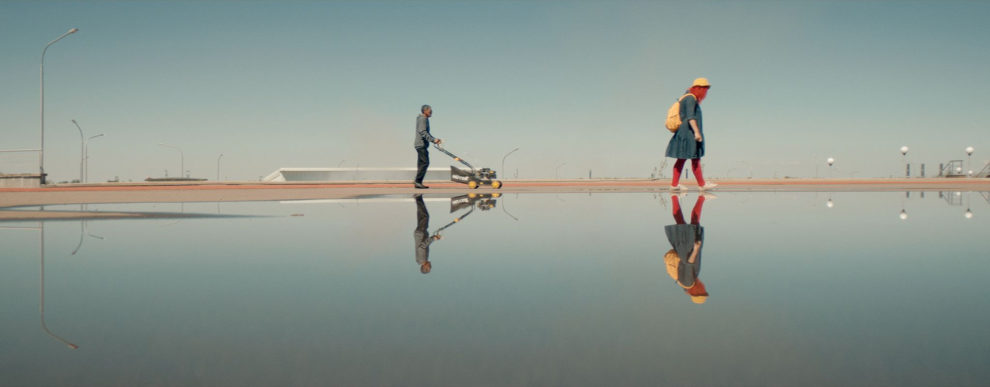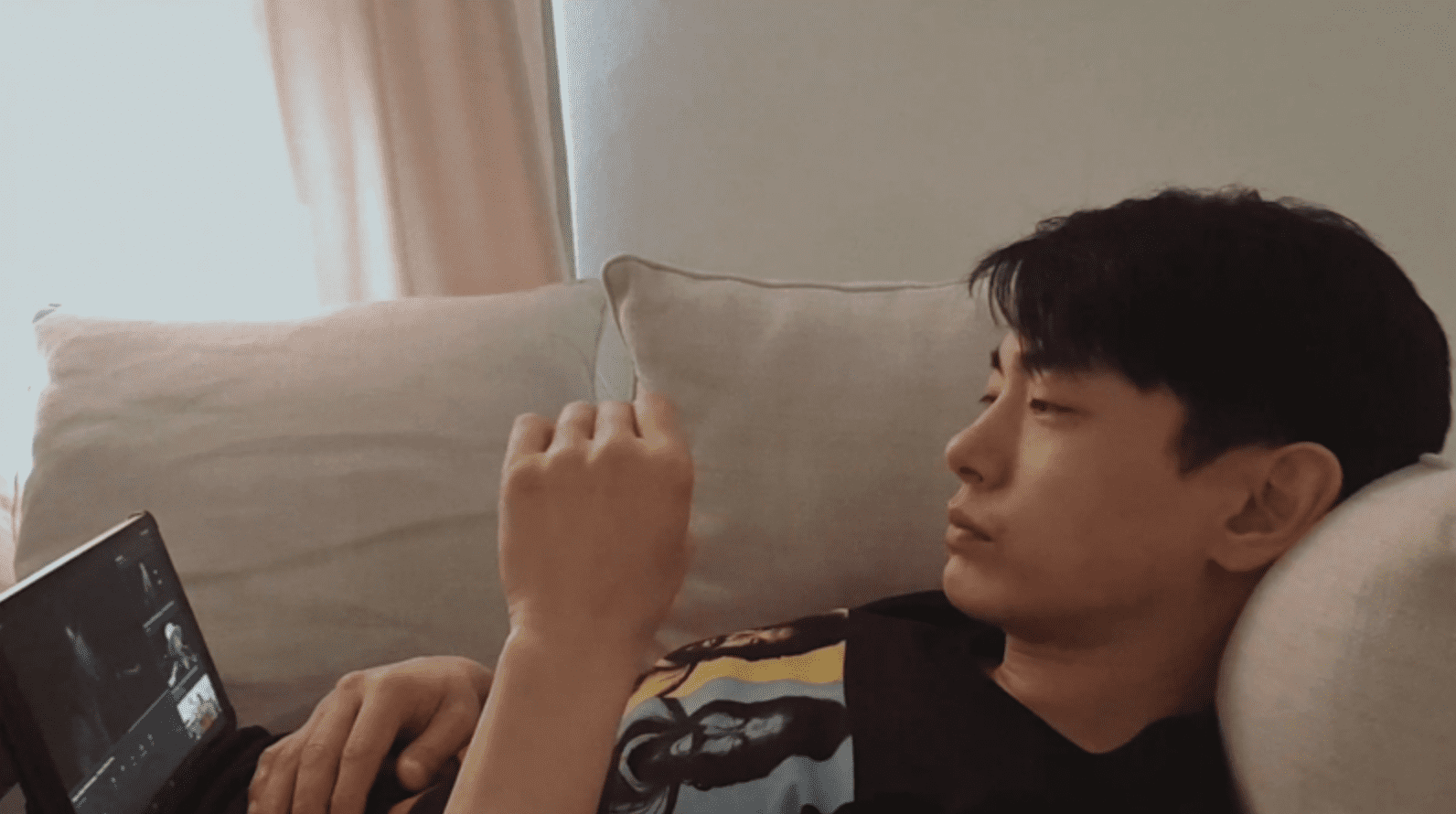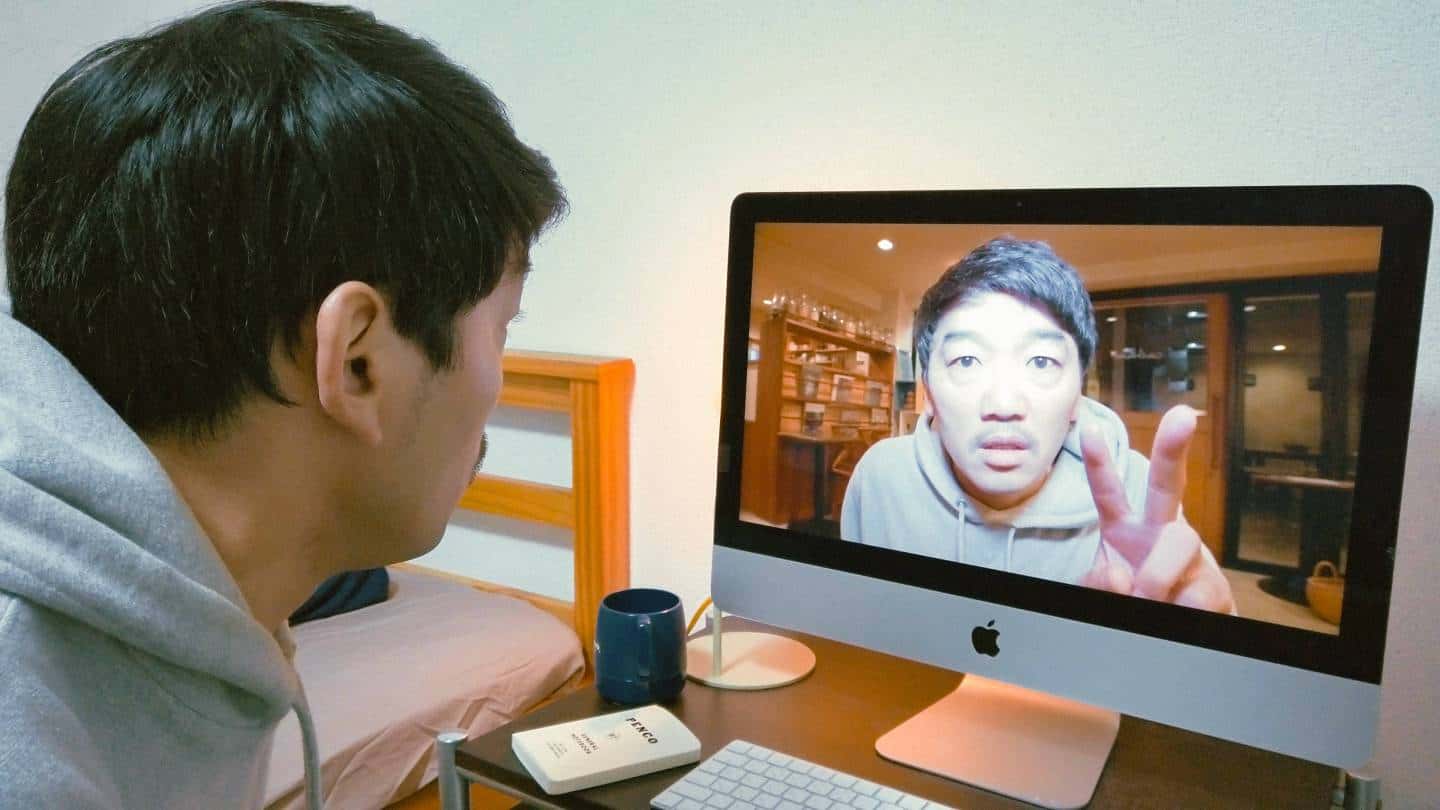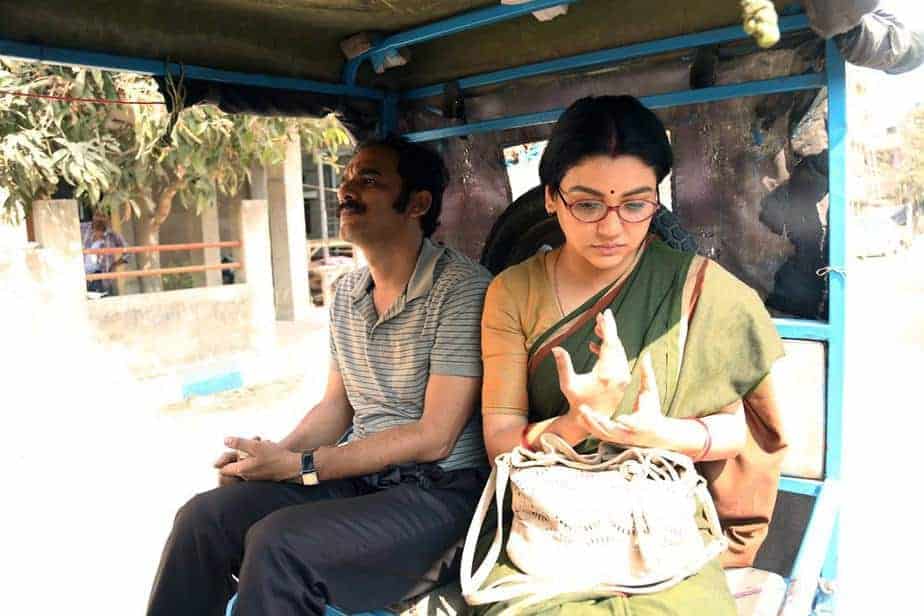Adilkhan Yerzanov has created a style of his own, with his intelligent humor, pointed satire, western-like violence and dystopian-looking locations. His overall approach, with the exception of violence (at least physical one) finds its apogee in “Ademoka”, a movie that just won the NETPAC Award at the Warsaw Film Festival.
Ademoka screened at Warsaw Film Festival
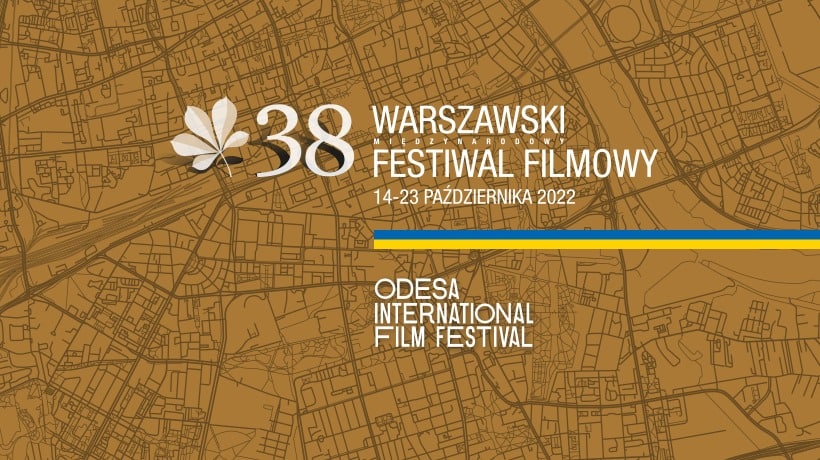
The titular girl is an immigrant from Kyrgyzstan, who lives in Kazakhstan with her family and a number of fellow refugees, forced to be a beggar in order to survive. During a police raid, though, a policeman sees her sketches, and, realizing her talent, tells her to go to a local school and ask for Ahab, a man who will supposedly help her enroll. It is there Ademoka's odyssey begins, as she finds herself fighting with a Kafkian system that seems to be set against her, with the help she eventually receives from Ahab being quite questionable, as the man is a truly broken individual, something that is actually highlighted by his appearance. Nevertheless, the two start an impossible effort to have Ademoka receive higher education as a playwright.
Through his intense minimalism, which this time also becomes part of the narrative, particularly in the way the various sets are created, Yerzhanov seems to mock his country in a truly astonishing number of ways, although Kazakhstan is not where he stops. The way the authorities function, from border police to local politicians to the mafia to the educational system are all mocked here in the most pointed, but at the same time hilarious ways. One just has to witness the way the “school for the gifted” functions in all of its levels to realize the level of context here, with the scene where Ahab and the successful, flashy, constantly smiling professor of computer science and English being one of the most memorable, and funny, in the whole film.
This approach also leads to a more central comment here, about how classic education, as indicated by literature, poetry, philosophy and other similar courses, has been essentially deemed useless by the pursuit of financial success, which is supposed to come from studies in technology and finance. The way Ahab functions as a metaphor for this concept is one of the best traits of the movie, with the almost unrecognizable Daniyar Alshinov giving a very fitting performance as the lowlife teacher who never shuts up. At the same time, though, and particularly through the ending, Yerzhanov also presents an optimistic remark on the aforementioned concept, ending his movie in the most rewarding way.
The film also benefits the most by both Adema Yerzhanova's performance as Ademoka, with her acting pointing towards the silent movies performances of the past, and the antithetical chemistry of the two protagonists, since Ademoka speaks very little throughout the movie. The way she manages to portray her thoughts and psychological status through her body stance and facial expressions, though, is truly great to watch, in another of the movie's great traits.
Azamat Dulatov's cinematography captures the dystopian setting the movie is set in with artistry, with some of his long shots being particularly memorable. The set design, which in this case mostly consists of people bringing various furniture from unknown locations to create specific sets, as the border control one or the exams “room”, emerges as one of the most original ideas we have seen lately, additionally because Dulatov captures the concept in the best fashion. As usually in films that implement deadpan humor, the editing is an integral part of the narrative, with Kanat Sagindikov's cuts definitely adding to the comedy here.
Truth be told, the ending could be a bit tighter, but as a whole, and through Yerzhanov's pointedness, intelligence, ironic humor and cinematic execution, “Ademoka” emerges as an excellent movie that provides equal measures of entertainment and food for thought.


